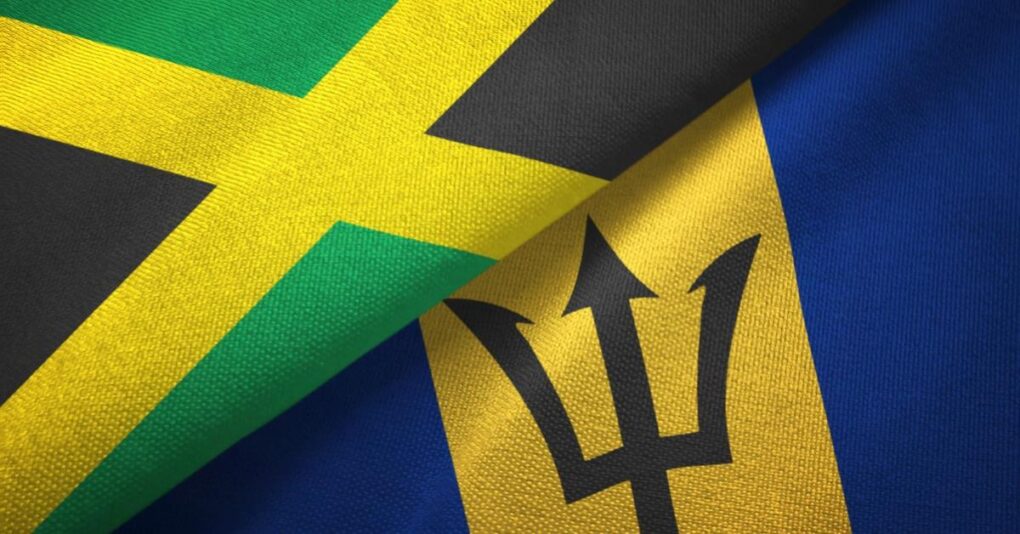
Observers often can not fathom why Barbados and Jamaica have actually provided such divergent results regardless of their similar history as former colonies of England. Both countries accomplished self-reliance in the 1960s and acquired British law and organizations. Yet Barbados eclipsed her peers to end up being the pride of the establishing world, whereas Jamaica recorded years of anemic development and institutional destruction. Nevertheless, digging much deeper into history exposes that Barbados pursued different political economy paths from Jamaica.
Unlike Jamaica, Barbados was a settlers’ colony where planters were devoted to organization building instead of living off earnings in England. Bajan planters thought that they represented the very best of the West Indies. As gentlemen planters, elites strove for Barbados to end up being a reproduction of Britain. Like their Bajan equivalents, Jamaicans also had access to management publications, however the island experienced a high rate of absenteeism.
Scholars have thought that absenteeism inhibited the progress of Jamaican plantations, but recent research argues that absence was indicative of success because just the most successful planters might pay for to work with external personnel. Even more, coffee plantations in Jamaica were less likely to struggle with absence, and yet lots of collapsed. For that reason, the relevant point is that remaining in Barbados managed Bajan elites the opportunity to add to institution building.
Though it was the norm for West Indian elites to send their kids abroad to be educated, in Barbados the elite had developed an advanced education system with 213 schools by 1834. Bajans elites were assiduously trained to govern the nation with pride. Education and financial success were the trademarks of a prosperous Bajan.
Totally free people of color, slaves, and working-class white individuals contended for work in urban spaces, and regardless of racist beliefs, whites preferred competent blacks to inept whites. Of significance is that Barbados had a bigger stratum of competent servants than Jamaica. As an outcome, Bajan blacks entered flexibility at a more raised position than black Jamaicans. Since black Bajans had obtained more human capital than Jamaicans, they matriculated more quickly into the working and middle classes.
On the other hand, Jamaican blacks were less informed and likely to avoid their kids from attending school so that they might farm. Land was more readily available in Jamaica, so released blacks preferred to migrate from plantations, and an oppositional peasant culture emerged. But geographical restrictions restricted black Bajans’ movement and suppressed their potential to develop an oppositional class. Rather, blacks decided to empower themselves through education or cooperation with planters after emancipation. For that reason, labor relations were less hostile in Barbados.
The cooperative relationship in between monochromes elites made reforms simpler in Barbados. Bajans blacks arduously copied the white elite and even imitated their architecture. In contrast to Jamaica blacks, who were mainly attached to the Baptist Church and other nonelite denominations, Bajan blacks welcomed Anglicanism and signed up for the values of the elites. Subsequently, the bourgeois culture of the elite trickled down to the masses in Barbados.
Bajans hence had a various technique to politics than Jamaicans. Jamaican politics utilized charisma and rabble-rousing to enthuse the masses, who showed a preference for captivating leaders rather than technocrats. The charming Sir Alexander Bustamante, whose appeal catapulted him to success in Jamaican politics, would not have been successful in Barbados.
Andrew Dawson asserts that in Barbados such personalities were declined at political conferences by citizens, who competed that they were unenthusiastic in the vilification of competing politicians. Unfortunately, Bustamante’s brand of politics succeeded in Jamaica to the degree that his techniques were copied by political competitors. Pork barrel plans and violence emerged quite early in modern-day Jamaican politics. The pollution of Jamaican politics damaged the general public administration and led to worse social outcomes. Such aspects were lacking in Bajan political culture.
Dawson attributes the success of Barbados to the astute management of progressive politicians like Grantley Adams and Wynter Crawford, who shunned partisan politics and violence. He states: “The truth that both progressive parties were more legal-rational in method hindered the escalation of political violence (and consequently the institutionalization of patronage politics), the absence of which stopped working to send out the island down a trajectory comparable to that in Jamaica while also supplying the structure for a strong rule of law post-independence.”
The absence of these negativities in Barbados promoted high-quality governance and exceptional organizations. Jamaica is still pestered by pork barrel politics and cronyism. But the future could improve for Jamaicans if the federal government is major about removing chances for corruption in the bureaucracy.
There is terrific talk about excellent governance and institution structure in Jamaica. Nevertheless, modernizing a nation is a long process, so let’s see if Jamaica has the perseverance to develop.

